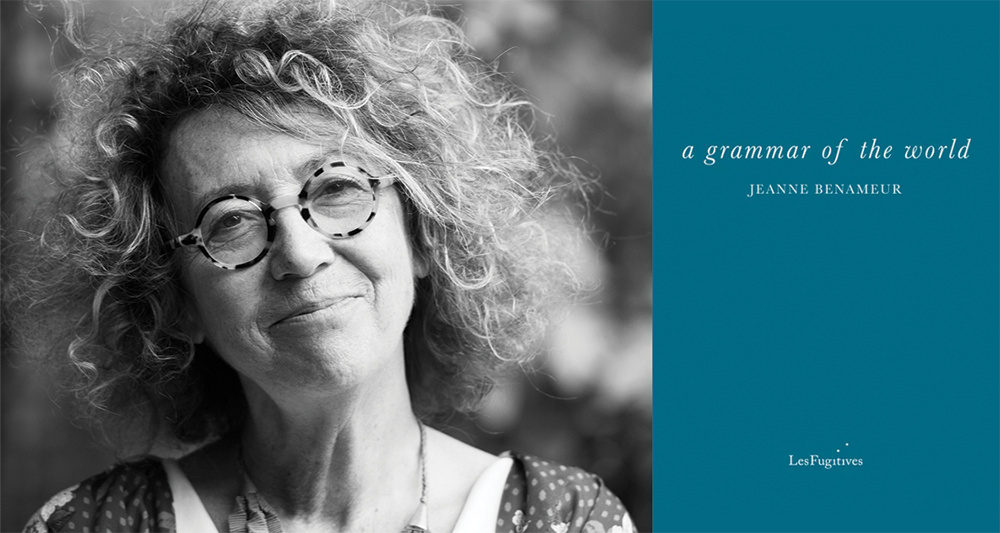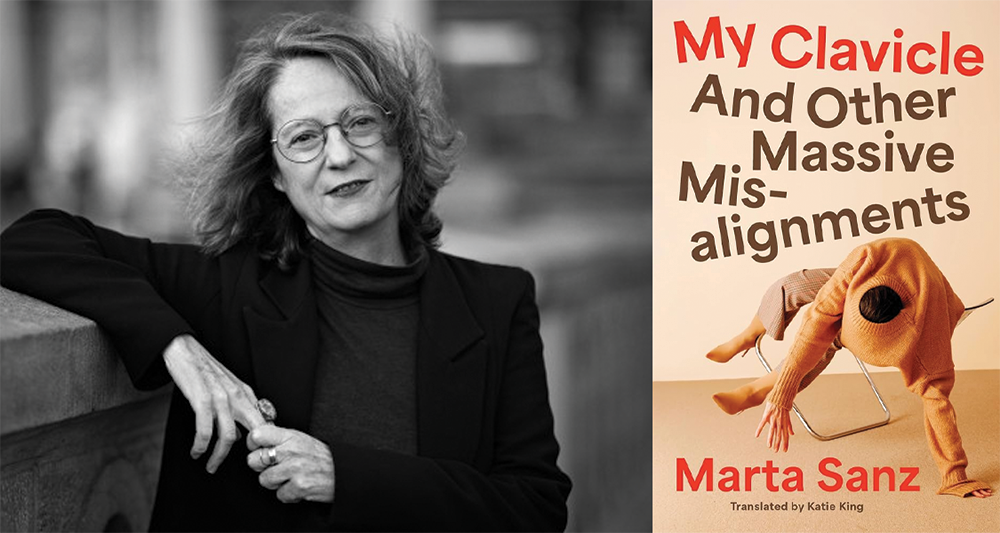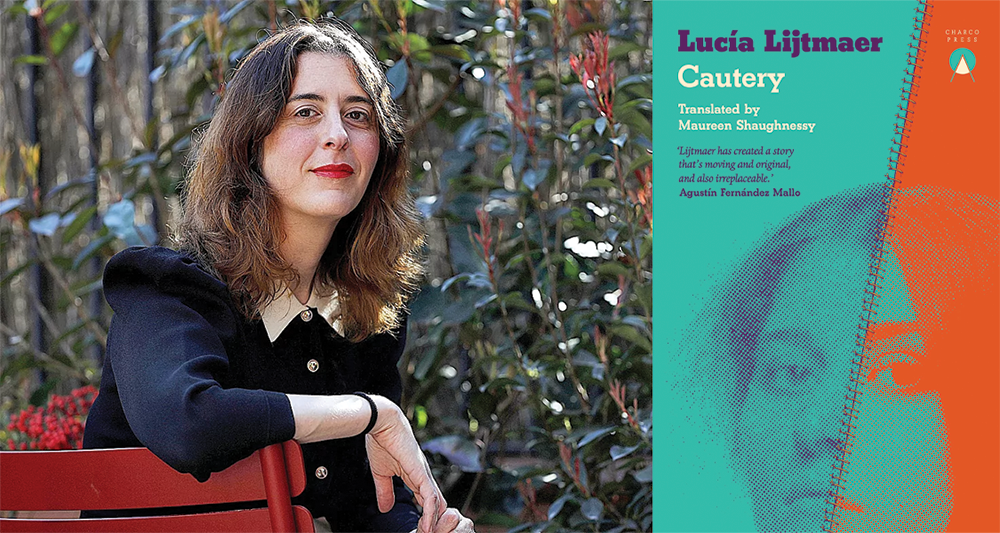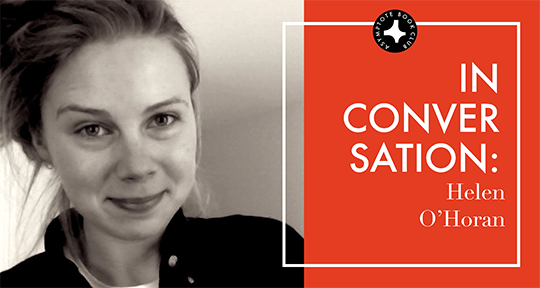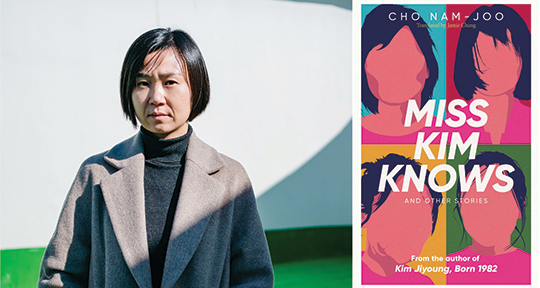The Woman Dies by Aoko Matsuda, translated from the Japanese by Polly Barton, Europa Editions, 2025
Within the new wave of openly feminist Japanese literature, Aoko Matsuda is well-known for her fierce, sharply funny critique of sexism in contemporary Japan. Her work has previously appeared in English with publications like “The Girl Who Is Getting Married” (translated by Angus Turvill) and Where the Wild Ladies Are (translated by Polly Barton), and now, with the appearance of The Woman Dies—also translated by Barton—Matsuda continues her incisive vision with fifty-two short stories that jump from the mockery of gender roles to subtler reflections on girlhood, often interspliced with delightfully whimsical commentary on the everyday.
As sexism and anti-LGBTQ stances persist in Japan, the increasing number of talented Japanese writers translated into English nonetheless reveal literary discourses that dissect and challenge the limits of how gender and sexuality are established in mainstream society. Feminist discourses in Japan are also growingly transnational, with readers eagerly devouring feminist fiction translated from English, Korean, and other languages. Matsuda herself is not only an accomplished fiction writer and essayist, but also a translator of English, bringing out Japanese iterations of works by Karen Russell and Amelia Gray, among others. The Woman Dies is a unique addition to Japanese literature in English translation—which does not include much flash fiction—and certainly introduces fresh, lively feminist perspectives. At the same time, despite how the collection is advertised, it is too limiting to suggest that all of its stories can fall under “feminism,” as many of Matsuda’s pieces—sometimes only one or two pages in length—are charming snippets of everyday life, resisting any kind of categorization. READ MORE…


